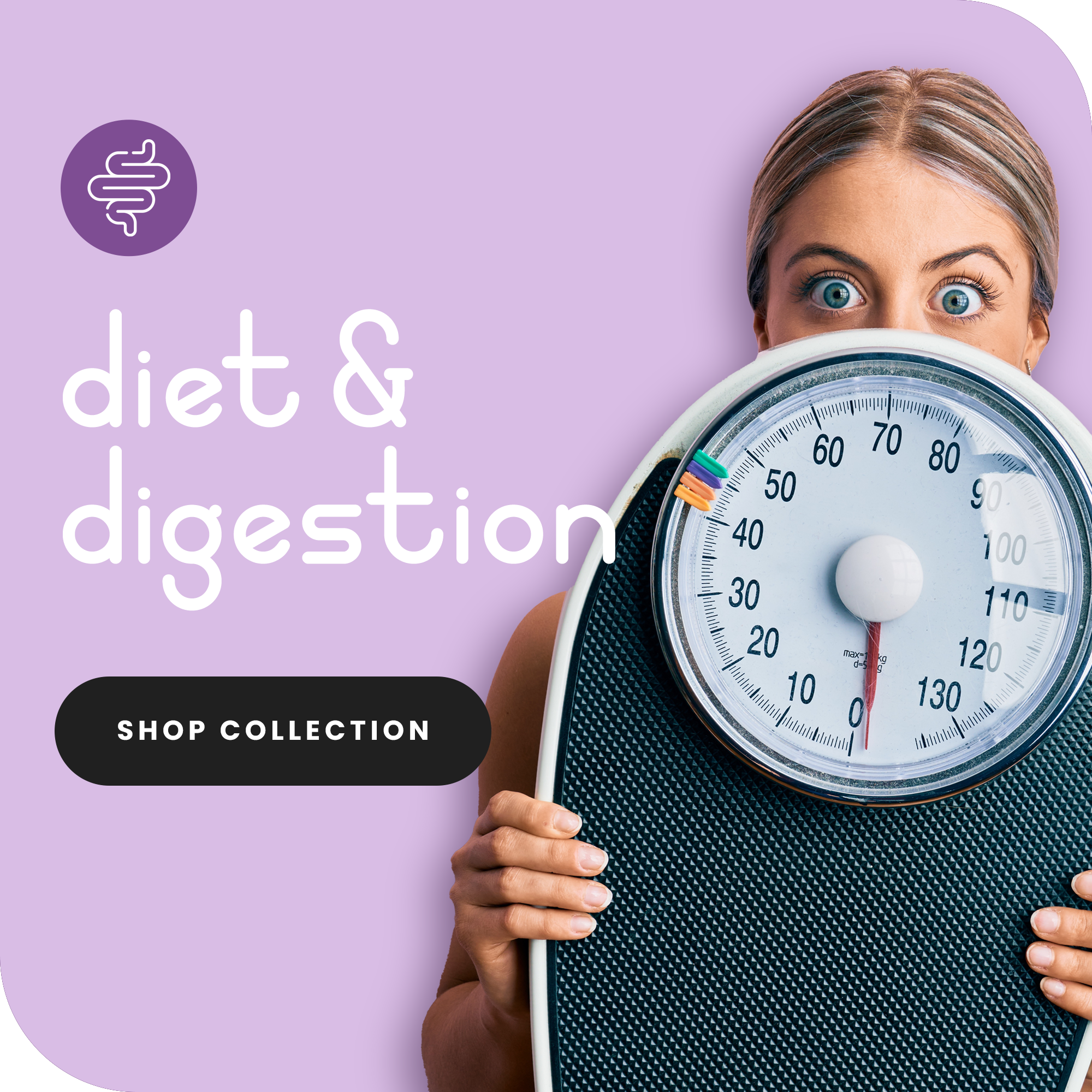
Ultra Processed People
by Dr. Chris van Tulleken
The “ultra processed food book”
Van Tulleken presents a well-researched and detailed examination of the food industry, explaining how UPFs are engineered for taste, convenience, and profitability at the expense of nutritional value. It’s a ground-breaking book about ultra-processed food that is relevant to anyone with an interest in their own health.
The obesity epidemic
He begins by tracking the obesity epidemics in the USA and Britain, linking them to the rise in ultra-processed foods. Over the last 30 years, obesity in children leaving primary school has increased by 700 percent – yet the obese children are getting shorter: This suggests the obesity epidemic is not just about excess calories, but a lack of nutrition. Van Tulleken also explains the many health conditions associated with this rise in obesity. They range from depression, diabetes and cancer to inflammatory bowel diseases, heart attacks and strokes.
A clear and engaging read
With a background as a lively and much-loved TV presenter for children, it’s not surprising that Dr. van Tulleken knows how to write a book that’s a pleasure to read. How ultra processed food book is written in an accessible and engaging style, making complex scientific concepts easy to understand for a broad audience. This is particularly valuable for readers who may not have a background in nutrition or public health.
Despite the chatty and approachable style, the book is still the work of a medical professional and an academic, and he cites and discusses copious references from medical research journals as well as other sources.
Dr. van Tulleken shares his own experiences with ultra processed foods, including a self-experiment where he consumes a diet dominated by these foods. This personal touch adds authenticity and relatability to the discussion.
Ultra-Processed People provides a critical look at public health policies and the role of government and industry in shaping dietary habits. It encourages readers to think critically about the food choices available to them.
While critical of UPFs, van Tulleken’s ultra processed foods book offers practical advice on how to reduce your consumption of UPFs and make healthier food choices. You don’t have to become a health-food fanatic, as it’s not an all-or-nothing situation: any reduction you make in eating UPFs can make a difference.
Key Facts from the ultra processed food Book
UPFs contain additives that make them addictive
UPFs are typically high in artificial additives, preservatives, and flavour enhancers designed to improve taste, shelf life, and appeal. They trick us into wanting to eat more and more, as they’re soft and need very little chewing.
UPFs trick us into thinking we’re getting nutrients that aren’t there
Ultra processed foods generally lack essential nutrients like vitamins, minerals, and fibre, making them less nutritious than whole foods. Yet their artificial flavours, which mimic real foods, trick our bodies into thinking we are getting nutrients which are not really there. Imagine, for example, you start eating an orange: your body knows it’s about to get a shot of vitamin C, and prepares to make use of it. Suppose, instead, you’re drinking a fizzy orange flavoured drink. Your taste buds are telling your brain that you’re eating orange, when in fact you’re just giving your body sugar and some chemicals it has no use for.
UPFs are high-calorie but not very filling
UPFs can disrupt normal appetite regulation, leading to overeating and increased calorie intake. They are very low in fibre, so they don’t leave us feeling full. We eat them quickly because they are soft, so our own “satiety hormones” don’t have time to kick in and tell us we’ve had enough until we’ve already eaten too much.
The health risks of eating calories without nutrients
Consumption of UPFs has been linked to various health issues, including obesity, heart disease, and metabolic disorders. This is not just due to their high sugar, fat, and salt content. It’s also because they lack the vitamins and minerals found in unprocessed foods. This means they can make us fat while actually developing vitamin and mineral deficiencies.
UPFs especially target poorer people
The ultra processed food book points out that UPFs are particularly marketed to poorer areas. They are especially formulated to use cheaper ingredients. In many lower-income areas they are much easier to find – and more affordable – than fresh, wholesome vegetables and other unprocessed foods. They are also ready to eat, offering convenience to people who work long or irregular hours and may have less free time to prepare meals from scratch.
Conclusion: A must-read ultra processed food book
In summary, “Ultra-Processed People” is a compelling read for anyone interested in nutrition, their own health, or the food industry. It’s by far the clearest and most engaging book on the subject of ultra processed foods.
It will challenge you to rethink your dietary choices and consider the broader implications of a diet dominated by ultra-processed foods.








